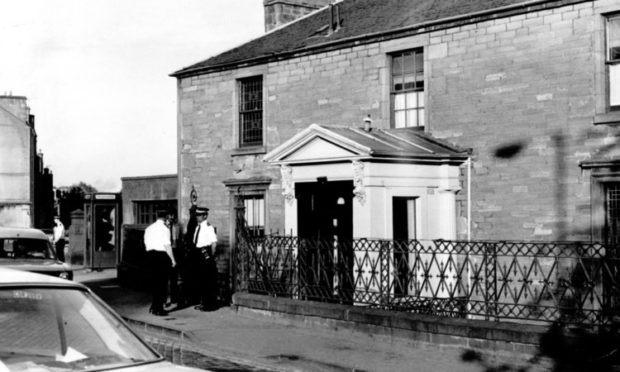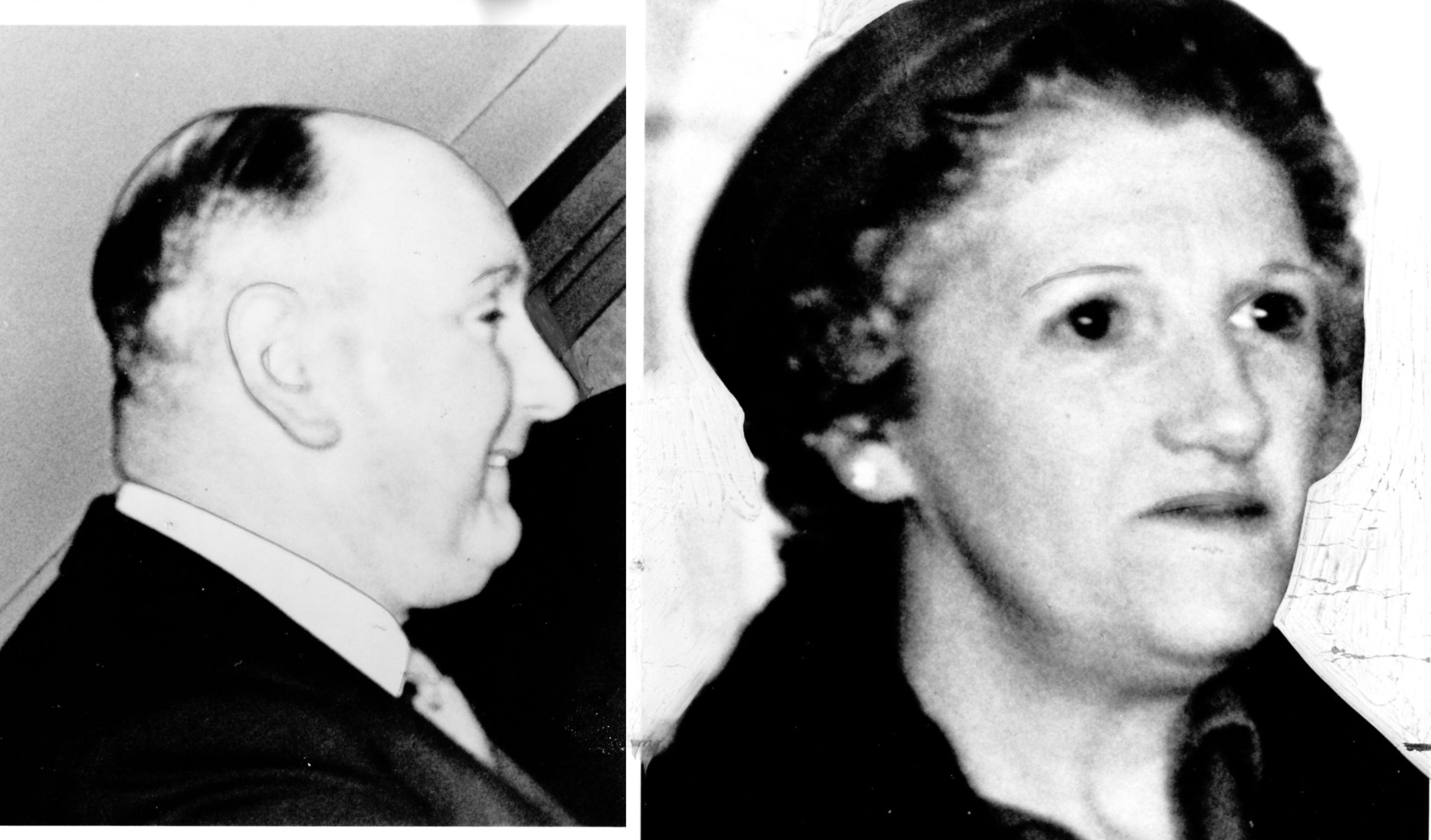The Perth Road has always had a great atmosphere, a great buzz.
But at the very heart of that well-heeled, vibrant area there’s a silent, derelict building that will forever be cold and dark, the scene of a vicious, violent double-murder. And while police know who did it, there’s never been a trial and there’s never been a conviction in the case of No. 2 Roseangle, Dundee.
Sunday May 18, 1980. Dexy’s Midnight Runners are the top of the charts with Geno, The Empire Strikes Back is on at the movies and Dundee’s enjoying a sweltering spring weekend.
Just off Perth Road, in the grass area near the junction with Roseangle, four medical students are playing football when a clumsy slice punts the ball over nearby railings. As his friends laugh, the hapless player is sent to get it back. Into a back garden he goes, glances through the window and the sight he sees will live with him for ever.
Dr Alexander Wood, a popular retired GP and his wife, Dorothy had been hacked and beaten to death, the weapon a slater’s hammer.
The level of violence was shocking even the man leading the investigation, Detective Chief Superintendent Jim Cameron, an experienced and thoughtful old-school detective who chose his words carefully, described it as “not normal”.
Dr Wood was an invalid and his wife was 78 and they were described as “well nigh defenceless” by police. Evidence suggested they had vainly fought back as their lives were ended with such savagery.
The man responsible was Dundee-born Henry John Gallagher. He was 29 at the time and because he also robbed the property, the crime is often labelled as a theft that went awry. But while Gallagher did have previous for stealing, there was clearly a darker force at work as he mercilessly butchered the couple.
Four dead in six days
He had assaulted a minister in Dundee in 1972, attacked a priest a year later in Stockton and, during a break-in in 1979, he found the householders’ pet dog and cut its throat. Now, as the Roseangle manhunt spread, he fled south. When he got to Ramsgate in Kent he asked for directions to the nearest church.
Maud Lelean, 73, housekeeper to Father Edward Hull, 88, a Benedectine monk, trustingly welcomed the stranger with the Scottish accent into St Ethelbert’s Presbytery after Gallagher asked for help.
Mrs Lelean made tea and three cups were laid out. But, in an instant, the gathering went from confessional to carnage. As Gallagher explained what happened in Dundee, Father Hull apparently became alarmed.
In a rage, Gallagher snatched the elderly priest’s walking stick and beat both repeatedly until the room resembled an abattoir. Father Hull died there and then, the housekeeper a few days later in hospital.
Four dead in six days and, amazingly, Gallagher apparently sought more victims. He was captured seven days later after raising suspicions when he called at a vicarage in York.
In December at Maidstone Crown Court he pled guilty to the Ramsgate murders and was detained at a mental institution “with a restriction without limit on your discharge”.
Henry John Gallagher was sent to Broadmoor Hospital 33 years ago and is apparently still there. And No. 2 Roseangle is still empty.
‘Justice was done’
Detective Chief Super Cameron is long retired, but remembers well travelling down to Kent to interview Gallagher after his arrest.
He attributed the brutality during the Roseangle murder to Gallagher’s mental state.
“That crime scene still sticks with me to this day,” he said.
“When I interviewed Gallagher he switched from being perfectly lucid to extremely aggressive, as though he just wanted to stop the interview.
“A short time later he asked to speak to me again and he was perfectly normal.
“He tried to play it down, of course, but I saw that room.” Jim said he could understand why some might think the crime never had the closure it needed Gallagher was locked-up and never brought back to Scotland to stand trial and receive sentence.
“Yes, there are people who say he should have hanged, but is there really satisfaction in that?
“He was caught, he confessed and was placed where he should be because he was beyond saving, totally incurable.
“Justice was done.”

